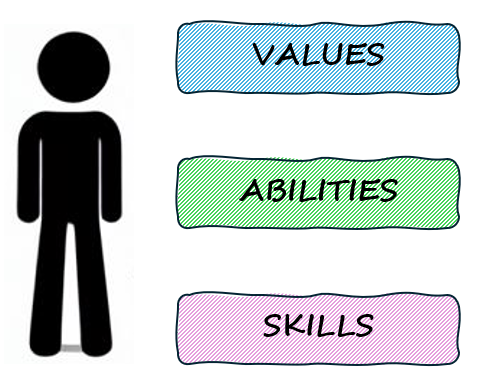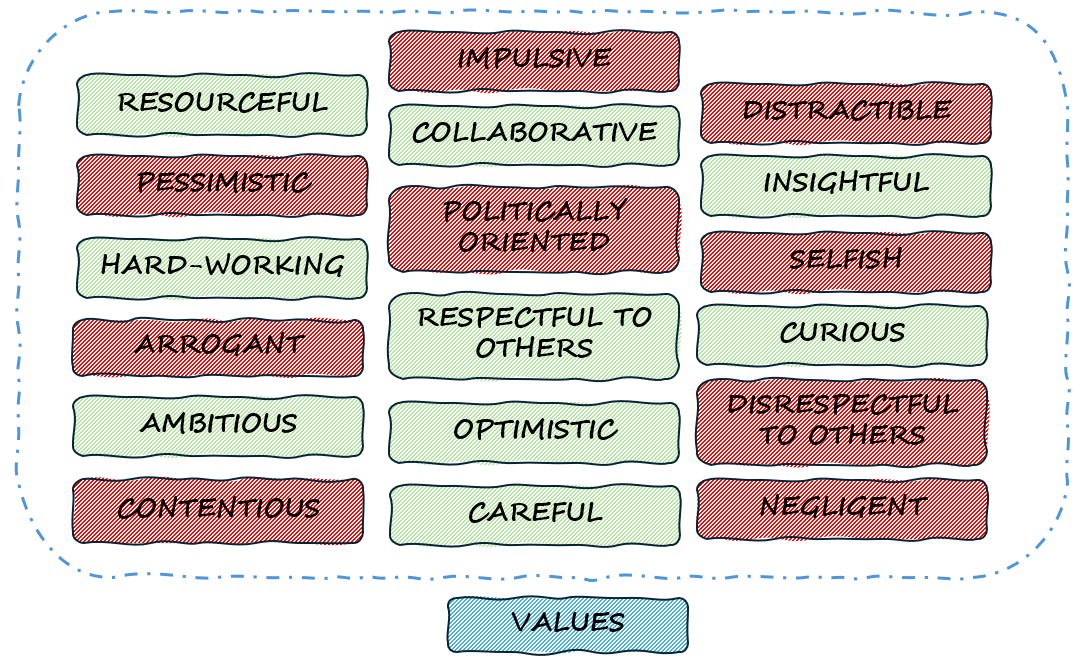Finding the Right Fit: How to Assess People
The VAS Approach to Building Impactful Teams
Most of us kick off our careers as Individual Contributors (ICs), working as specialists within larger teams where we contribute to the greater whole. Some of us write software, others design enclosures for new products, while still others consider how to craft advertising copy to capture the attention of potential customers. We're the ones in the trenches, making things happen.
As we progress in our careers, we realize that in order to have a greater impact on the value we provide to the market, we must evolve from focusing solely on our specific roles to managing or leading a team towards achieving broader outcomes.
This transition is daunting for many of us —it really feels like the solid ground beneath our feet is transforming into shifting sands. This happens because our previous value, derived from specializing in a particular subject (i.e. becoming a great software developer), is moving into the background (although, of course, it doesn’t disappear completely).
Suddenly, we must now take responsibility for a team and the value they provide as a whole. To do this, you need a completely different set of skills than those you've acquired so far.
While initially stressful, mastering team leadership is immensely rewarding. Bringing people together to pursue a common goal offers one of the most fulfilling experiences, even if you later decide that a return to an IC role suits you better.
The core of any team is its people. No matter how much effort you invest in refining processes, crafting meeting agendas, or organizing team-building activities, your success ultimately depends on the quality of your team members. That's why it's important to devote some time to understanding how to build it in the right way and which specific 'elements' are needed.
There are various frameworks or methods for approaching people—some are quite complex, which might lead you to question their true value. Over the years, I've encountered numerous frameworks, and none of them have really stuck with me for long.
Since I believe in simplicity, I began using my own straightforward approach. While I won't claim it's the ultimate way to evaluate people (since every framework has its limitations), this one can serve as an additional 'quick' perspective.
Introducing the VAS Framework
Each professional can be assessed through three key dimensions: Values, Abilities, and Skills - collectively known as VAS (a good short form is always easier to remember):
Values – the main foundation of who we are
Values represent our core principles, shaped over our lifetimes. These are the ethical foundations that define who we are as people. For example, some people might be hardworking and generous, while others could be impulsive or disrespectful.
Values are deeply ingrained and very difficult to change. While transformation is of course possible, it usually requires significant effort from both the mentor and the individual in question.




